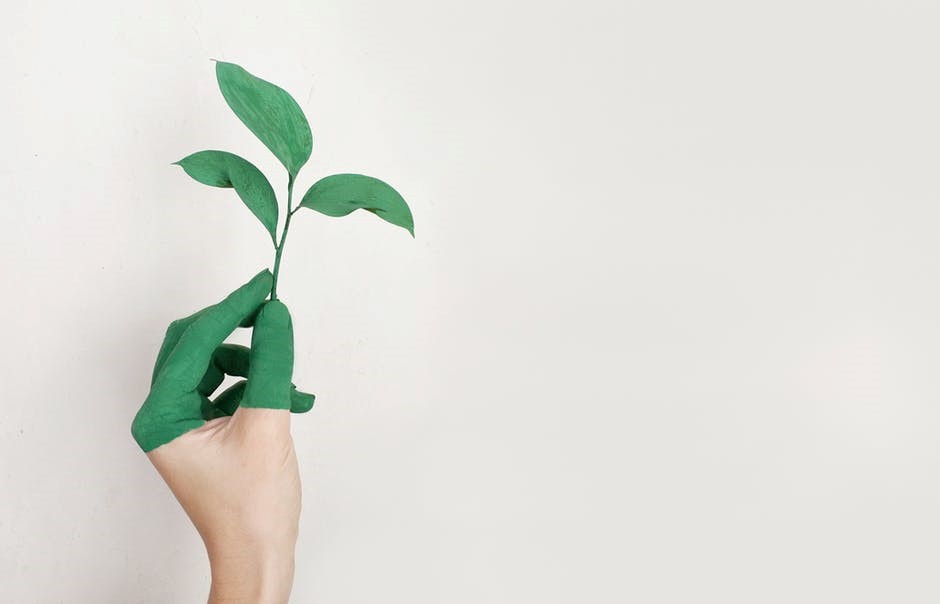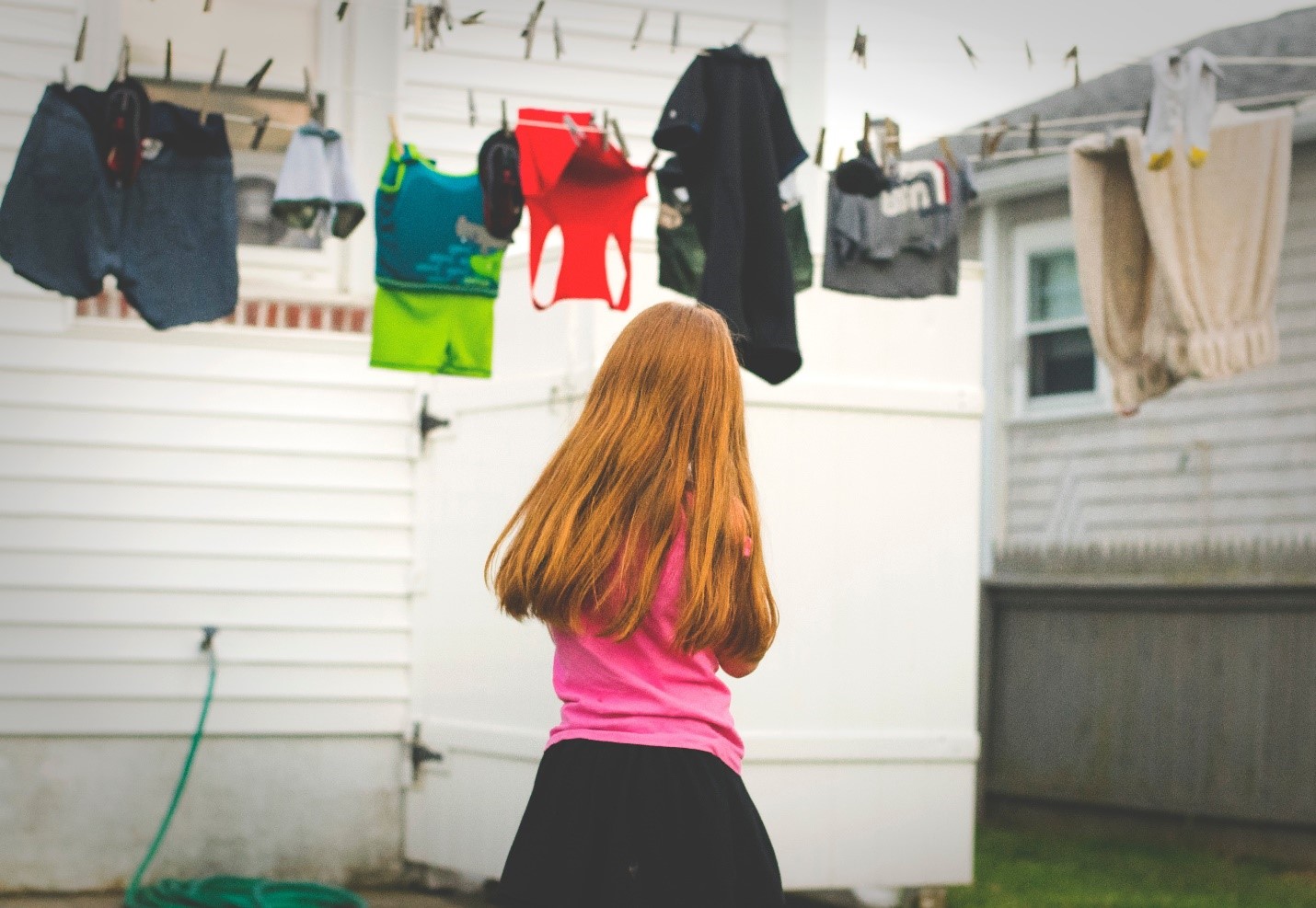
One of the major perceptions about going green is that it costs a lot, and being eco-friendly requires one to be rich first. In an online news article in PR Newswire, 4 out of 5 consumers think environment-friendly items are more expensive than non-green products. However, many have not realized that going green actually lessens their expenses. For one, the long-term benefits of going green definitely outweigh the benefits of the short term. Secondly, there are many eco-friendly practices that immediately help decrease common household expenses that do not require buying solar panels and EcoCars.
Avoiding excess means avoiding expenses
Anything that you make, take, or buy in quantities that are more than what is necessary is an excess. Going green encourages minimizing the excessive use of food, water, and fuel as part of saving the natural resources. Avoiding excessive use of resources means turning off the light and water when not in use, which saves you from high electricity and water bill. Avoiding unnecessary use of fuel by using a bicycle or riding the bus if commuting is possible instead of using your car can also minimize your fuel expenses.

Eco-friendly cleaning products are cost effective
Eco-friendly cleaning products are way cheaper than the commercial products found in the store. In fact, you can even find some eco-friendly products right in your home. Instead of using commercial ones, you can use products such as vinegar, lemon vinaigrette, and baking soda for cleaning kitchen sinks and unclogging bathtub drains. There are other benefits in using eco-friendly cleaning products, too. They are less likely to cause skin or eye irritation because they contain natural ingredients. Using eco-friendly cleaning products also prevents the use of toxic chemicals that may be harmful to the environment, as well as avoid water contamination.
Every drop counts
Conserving water is a big part of going green as fresh water is a limited resource. Additionally, conserving water means spending less on water bills. However, this might be challenging as humans use water in everyday life—we use it for cooking, bathing, and washing the dishes. But you can try by taking shorter showers, using low-flow shower heads, and using energy-efficient water-consuming appliances which use less water than the regular ones.
Rechargeable batteries are cost effective
Using rechargeable batteries are very good for the environment. Regular or non-rechargeable batteries release harmful metals such as mercury, lead, and cadmium into the environment whenever they are processed in the landfills.

Buying rechargeable batteries help reduce battery waste. They are also cheaper in the long run. Instead of buying disposable batteries every now and then, you can buy rechargeable ones that can last for many years. Buying a rechargeable battery may hurt your pocket a bit at first, but think of how much money you will save in the future by no longer needing to buy disposable batteries frequently.
You can save more on cloth napkins
It may seem that you can save more money on paper napkins, but in the long term you will save more with cloth napkins because they are a one-time purchase. Cloth napkins can be used several times unlike paper napkins. Because cloth napkins are washable and not disposable, you are also reducing waste production every time you use them.
Pressure cookers help reduce fuel consumption
Using pressure cookers are perfect for people who want to go green. A pressure cooker forces liquid and moisture into the food which allows the toughest meat to get tender very quickly, decreasing cooking time up to 50% and saving up to 70% fuel energy. The lesser the cooking time, the lesser fuel energy is used. The lesser fuel energy used, the lesser expenditures on utilities. One might also think pressure cookers are for tough meat only, but you can also use them for desserts, soups, roasts, and more.
Cooking with residual heat saves energy—and money
Cooking with residual heat as part of minimizing fuel or electric consumption can help loosen your household budget. When roasting vegetables or baking cookies, turn off the oven a few minutes before your food is completely cooked. The residual heat will continue to cook the food. With residual heat, you can save a lot of energy and money and still make a good food.
A covered pool a day keeps the wallet okay
Covering your pool has many benefits for both your pool and your wallet. Covering your pool keeps the pool water clean and therefore lessens the need for refills. As pool refilling consumes a lot of water and electricity, covering your pool both conserves natural resources and reduce electricity and water bills.
Buying second-hand items are greener and cheaper
Many environmental activists encourage buying second-hand, pre-owned or pre-loved items. But buying second-hand items not only help control material consumption done by mass production. It also keeps you from spending too much. Pre-owned items always come at a reduced price, giving you a more affordable option than pricey brand new items.
Hosting yard sales
Another eco-friendly activity that keeps both the environment and the wallet healthy is hosting a yard sale. Yard sales generate income while giving your opportunity to let go of things you no longer need (remember, everything you have but don’t need is an excess). Yard sales are also the perfect way to practice reducing, reusing, and recycling. You reduce waste generation by enabling other people to reuse and recycle your former possessions. At the same time, yard sales also help make more room in your home.
Going paperless is spending less
Less paper means fewer trees cut down, so environment-loving schools and companies are starting to “go paperless”, as they call it. Now is the time for you to do the same: Go digital. Not only does it save trees, but it is also way cheaper than spending on papers. Moreover, documents stored online are also relatively easy to track down than spending minutes and hours of going through stacks of physical documents.
Using energy-efficient appliances saves money
Energy-efficient appliances help minimize the use of natural resources such as gas, oil, coal, and water. Though known for their expensive price when they first came out, the selling price of energy-efficient appliances has dropped in the past 10 years. Nowadays, energy-efficient appliances are more affordable than traditional ones. And they continue on helping you spend less by enhancing electric energy conservation.
Line drying prevents your wallet from running dry
Using the clothes dryer consumes more energy, and because it consumes more energy, you spend more money on electric bills, too. Line drying will help you reduce both. Reduced electricity means saving more money. Besides, line drying keeps clothes from getting wrinkly!
Unplugging everything is saving
Fact: appliances that are off still consume electricity. They still add up to your electric bill. Unplug chargers, electric fans, computers, lamps, and microwaves when you are not using them, especially when you will be away for a long time.
Save money by fixing things
People usually buy a new item when the old one broke, and throw the old one away. Another way of reducing your expenditure is by prolonging the lives of your appliances and furniture. You can have someone fix them or you can be creative and search for a do-it-yourself tutorial so you can reinvent them! If forcing an old appliance to work failed after several visits from the repairman, however, it is better to buy a new one. Forcing very old appliances to work may increase carbon footprint that can harm the environment.
Eco-friendly lifestyle doesn’t always have to be expensive. People can practice environmental-friendly habits that actually reduce expenses without requiring you to spend large amounts of money first. By simply going green, people can save their wallets while saving the Earth.





Leave a Comment